Hellas is the land of Hellenes, that is, the land of the Greeks. But why do we call Greece Hellas, and who are the Hellenes?
Well, the question is wrong and should be reversed! It should be as follows: Why do we call Hellas Greece, and who are the Hellenes?
The term “Hellenes” is the historical name for the Greeks and has been used to refer to the people of Greece since antiquity. Its origins can be traced back to ancient Greek mythology and history, specifically linked to Hellen, the legendary son of Deucalion and the ancestral figure of the Greek people.
The word “Hellenes” was commonly used to describe the Greek people and their culture in ancient times and is still used today within the country of Greece, both officially and among the Greeks themselves.
The Mythological Origin of the Hellenes and Hellas
Please note that the name Hellen has nothing to do with Helen of Troy; rather, it refers to Hellen (written with two ‘ll’s), who was the first son of Deucalion.
According to Hesiod’s Theogony, the Flood of Deucalion marked the beginning of Hellenic civilization.
A common feature in nearly all mythologies is the blending of myths with historical reality, making it difficult to discern what is true and what is fictional.
The Aegean islands of Cyclades and Crete were inhabited and prospered for many centuries before the emergence of the Achaeans, the first Greek civilization in Mycenae.
In the Cyclades, the Pelasgians established the earliest European civilization, dating back to 3000 BCE.
Not much is known about them, except that they had a written language using the Linear A script, which remains undeciphered to this day. Later, they adopted Linear B, evidently an evolution of Linear A.
Linear B has been deciphered and can be understood; it is a syllabic writing system that reveals Greek words and Greek names when read.
The precise relationship between the Pelasgians and the Greeks is still not fully understood.
On the island of Crete, the same civilization is known as the Minoans, named after their most famous king, Minos. The Minoans also employed the Linear B writing system, as did the Mycenaeans.
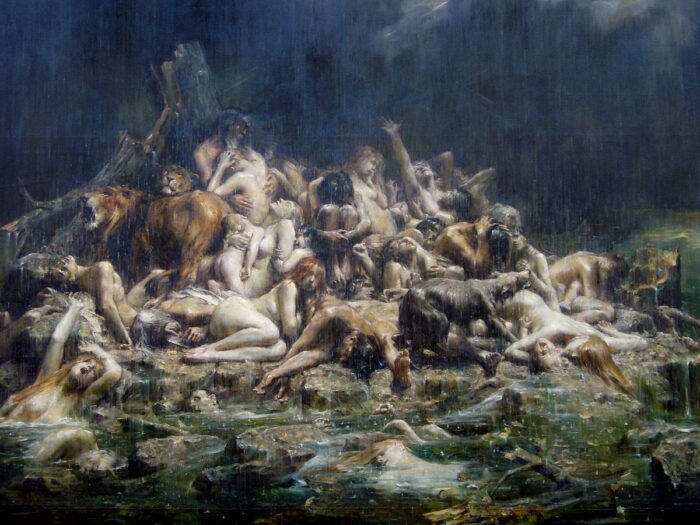

The Flood of Deucalion
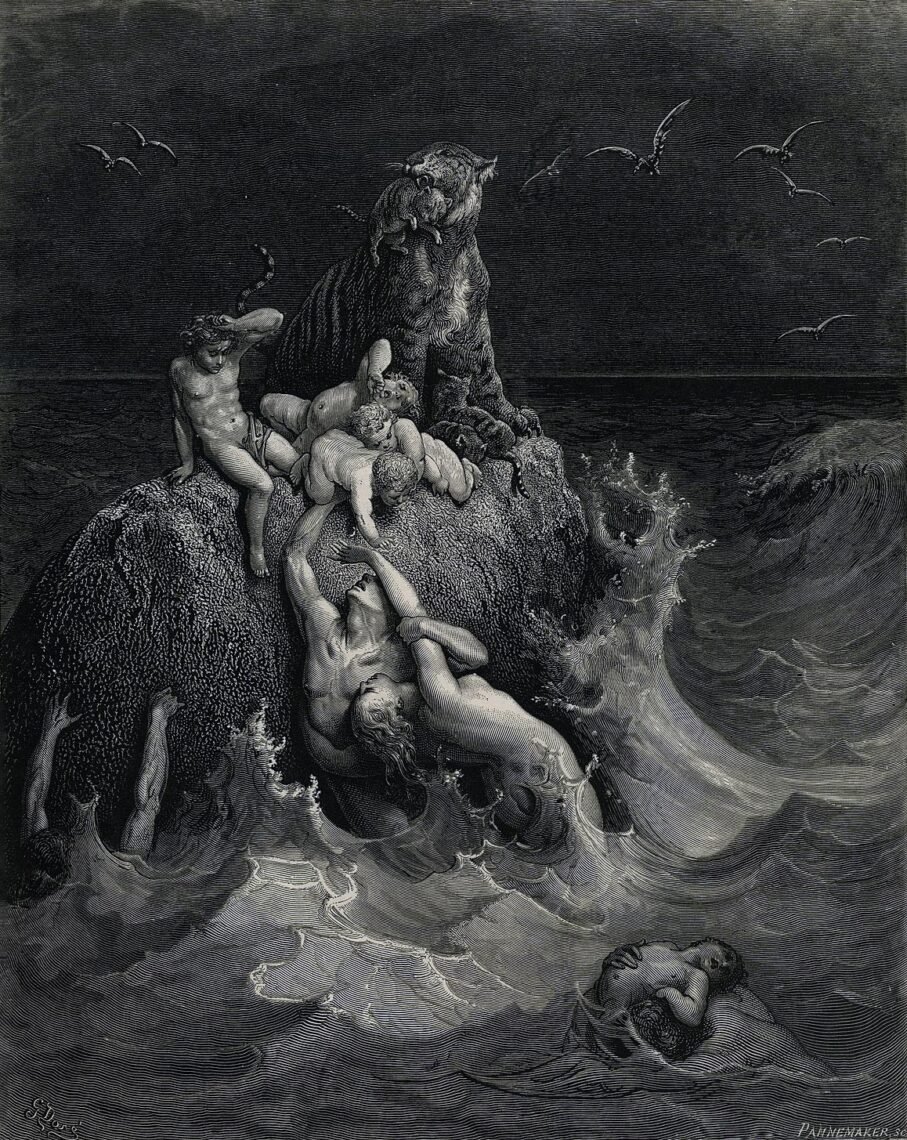

Here is a portion of Hesiod’s Theogony that describes the origin of the Greeks (Hellenes), and consequently, the origin of the names Hellenes and Hellas.
Greek Theogony, though a work of mythology, is often more engaging than the Bible’s more prosaic cosmogony.
These tales have been passed down from generation to generation, each time perhaps becoming slightly embellished or distorted.
Let’s dive into it!
Following a catastrophic flood (distinct from Noah’s), all people vanished, leaving only two survivors: Deucalion and Pyrrha.
Deucalion was the son of the Titan Prometheus, who had created the human race and bestowed upon them the gift of fire.
Pyrrha, on the other hand, was his wife and the daughter of Pandora, the first woman created by the gods. Pandora’s name is likely familiar to many.
Before the flood, Prometheus advised his son Deucalion, who ruled in Thessaly, to construct a substantial ark, stock it with provisions, and pray for the best outcome.
Soon, the heavens opened, and the Earth was inundated. Deucalion and Pyrrha’s ark drifted for nine days and nights until it came to rest atop Mount Parnassus. From this vantage point, they had a clear view of Delphi, where the renowned Oracle would later be established.
Delphi was regarded as the navel, the very center of the Earth, in the beliefs of ancient Hellenes.
Does any of this sound reminiscent of the biblical tale of Noah’s ark? It certainly does; it’s essentially the same myth.
How were the first Hellenes born after the Flood?
After Deucalion and Pyrrha were rescued, they received an order from the God of Gods, Zeus (Jupiter). They were instructed to gather as many stones as they could find and toss them over their shoulders.
The stones that Deucalion threw transformed into men, while those thrown by Pyrrha became women.
They were the first Hellenes to repopulate Hellas, because the first stone thrown by Deucalion became a man named Hellen or Hellenas, who went on to have many children. Among his offspring were Aeolus, Dorus, Xuthus, and Ion.
These descendants became the ancestors of the Greek tribes known as the Aeolians, Dorians, Achaeans, and Ionians, respectively.
They were all referred to as Hellenes, and their land was known as Hellas.
It’s a fascinating story, isn’t it?
Roman imposition of Christianity and suppression of Hellenism
Hellenes posed a constant challenge to the early Roman Empire because they championed free thinking and rejected the doctrines of the emerging religion.
Emperors employed persecutions, massacres, and the destruction of ancient monuments. They even went so far as to burn libraries containing invaluable ancient knowledge, stalling human progress. Oppression and numerous other atrocities were unleashed upon the Hellenes.
The first documented destruction of the Parthenon occurred in the 4th century CE at the hands of Christian extremists. This is an undeniable historical fact often omitted from our educational system.
However, Greek culture proved too resilient to be suppressed, prompting the Emperors to take more drastic measures to neutralize the Hellenic threat, including a change of name.
The Romans referred to the Hellenes of Southern Italy as “Graecus“.
Both Hellas and its inhabitants were renamed Graecia (Greece) and Graecus, respectively, in the wake of this shift. This was done to eradicate the term “Hellas” and reduce any perceived threat to the new religion, as the Hellenes continued to identify as Pagans.
It’s well-documented that the use of the word “Hellenes” was strictly forbidden for several centuries in the Roman and later Byzantine Empires.
Consequently, the Latin names Graecia and Graecus persisted in Romance languages, designating both the land and its people.
Is Greek Mythology Real?
For the people of that era, these myths were absolutely real—they structured daily life, explained natural phenomena, and guided moral conduct, much like Christian narratives still dictate society today. The question isn’t whether they believed—they did. The real wonder is how long such influence persists.
Humanity lost nearly twenty centuries of progress under the weight of rigid religious dogma, as invaluable knowledge was destroyed and free thought suppressed.
The correct name for Greece should be Hellas
Therefore, the correct name for the Greeks is “Hellenes,” and their land should be called “Hellas.”
In 1827, the Greeks achieved their independence from the Ottomans. European public opinion, especially among Philhellenes, expressed a desire to name the new country “Hellas”
However, the Greek Orthodox Church vehemently opposed the international adoption of the name “Hellas” for the new nation. To the clergy, this name evoked memories of the old Hellenic legacy and the pagan religion.
However, within the country, the name “Hellas” prevailed. In countries where Romance languages were spoken, the Roman-derived name “Greece” became the standard.
Now, why doesn’t the Greek state attempt to internationally change the name, considering that “Hellas” is the only commonly used name within the country among the Greeks?
Buckle up, because changing a country’s international name is no small feat. It’s like deciding to rearrange your entire room – pros and cons galore.
At that time, folks believed it would be a monumental task with results that might not be all rainbows and butterflies. They figured the gain wouldn’t match the effort. So, despite “Hellas” being the beloved name at home, the international stage didn’t get the memo.
And there you have it – a tale of tradition, identity, and a decision that might’ve seemed simple but came with a whirlwind of complexities. The name “Hellenes” might be the heart of the country, but sometimes, change is like an intricate puzzle that takes time and consideration to piece together.





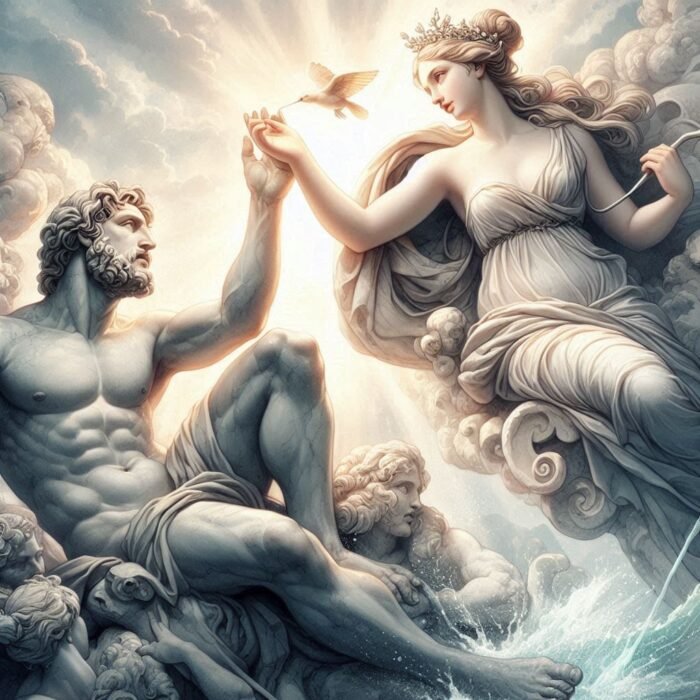
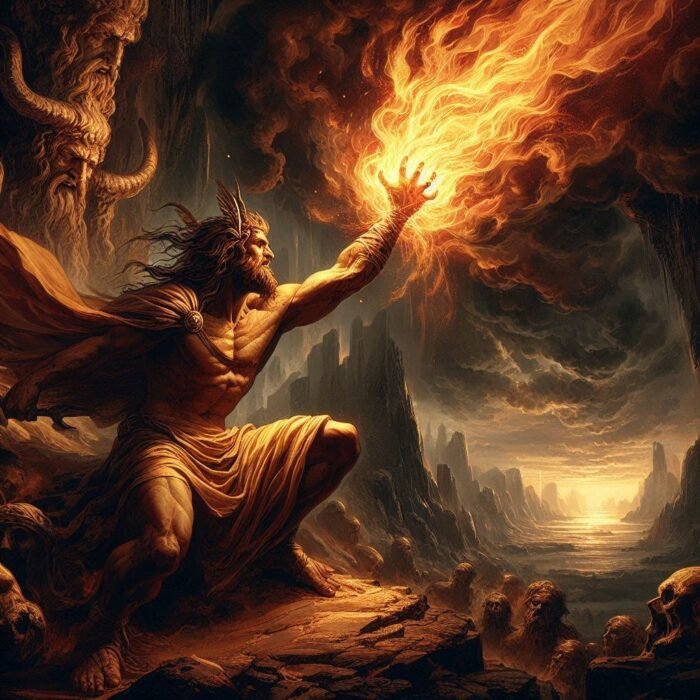



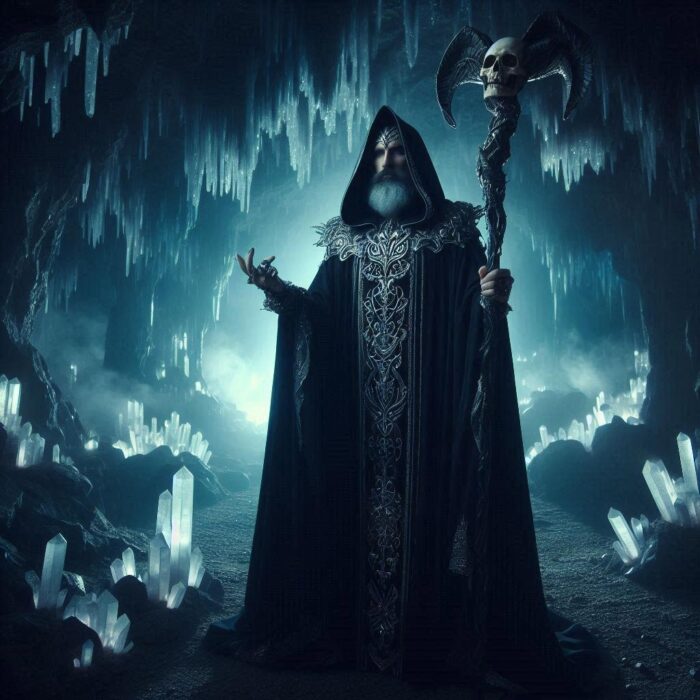


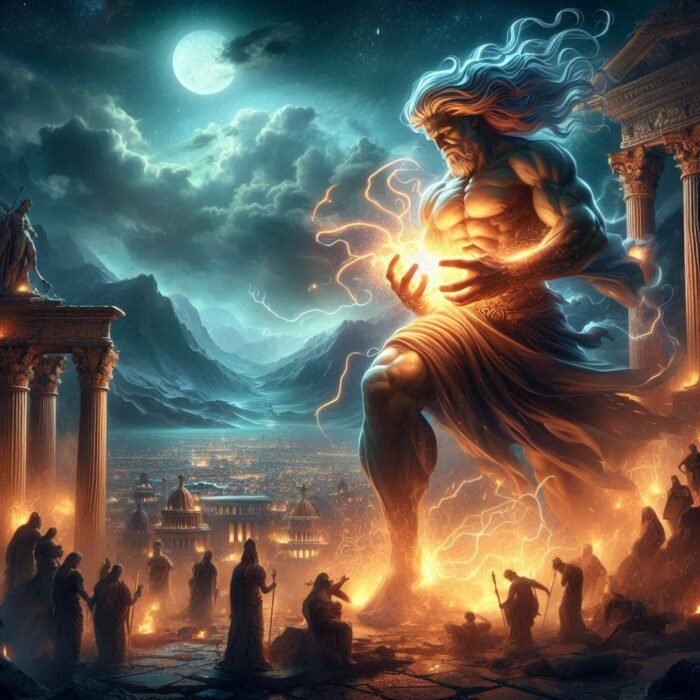


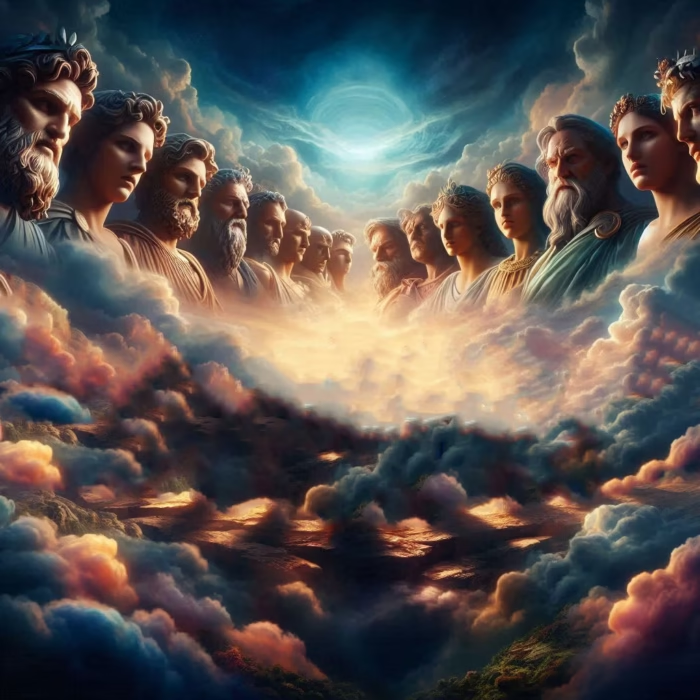



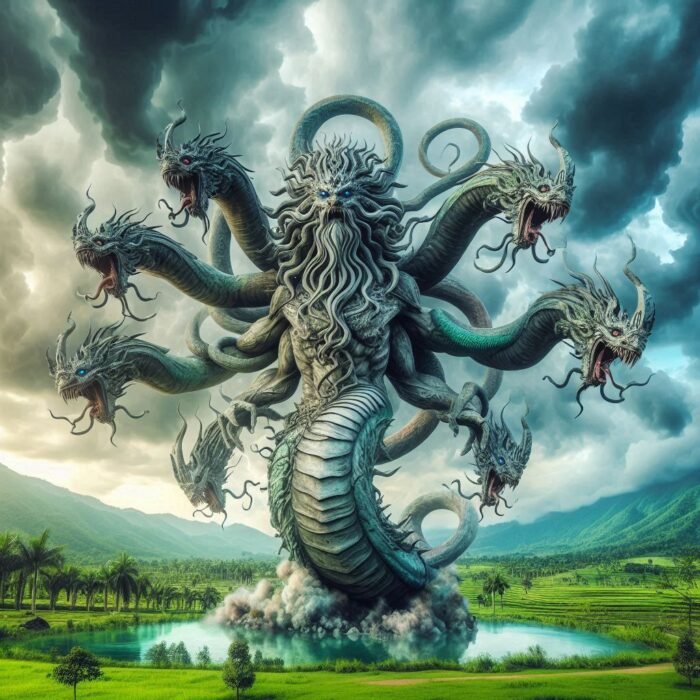
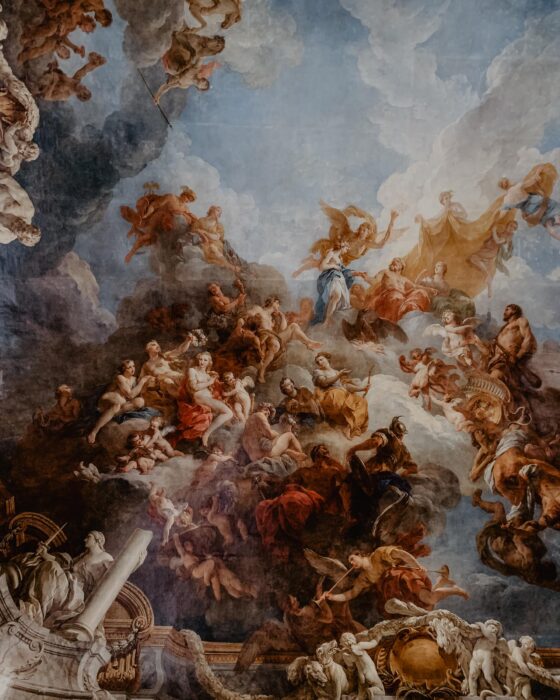


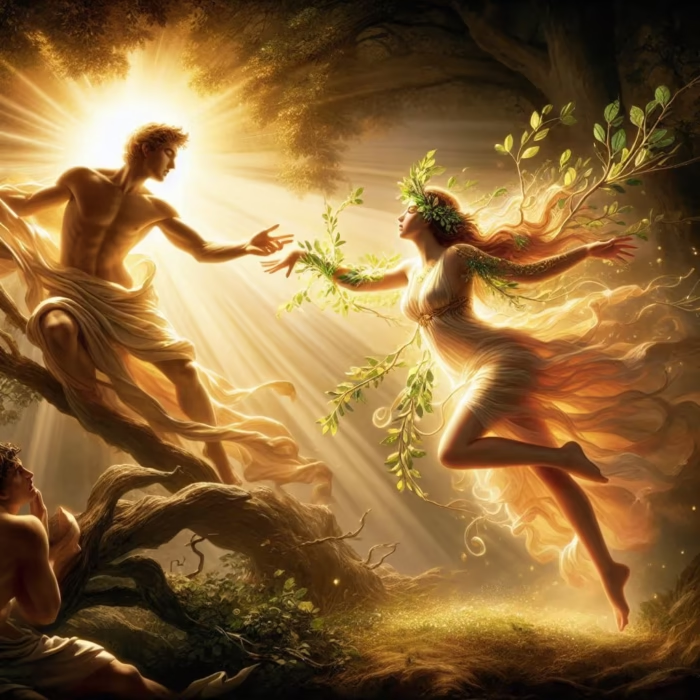
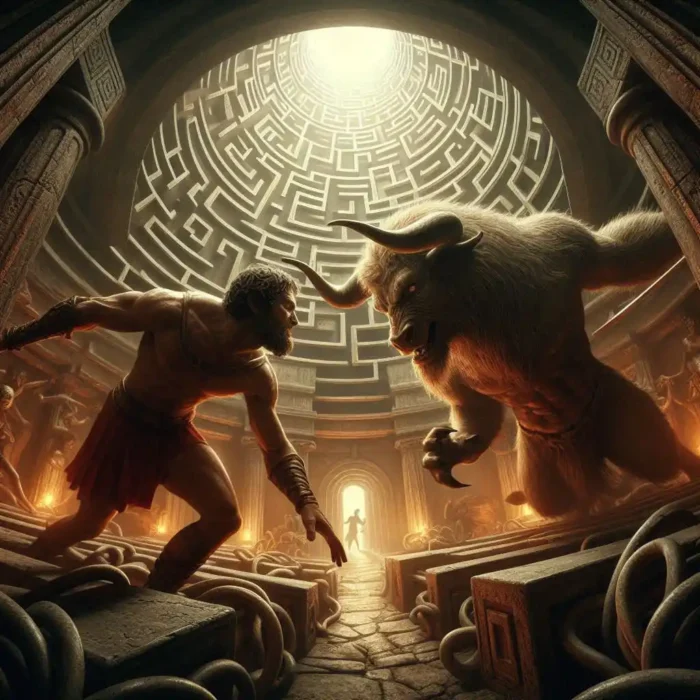

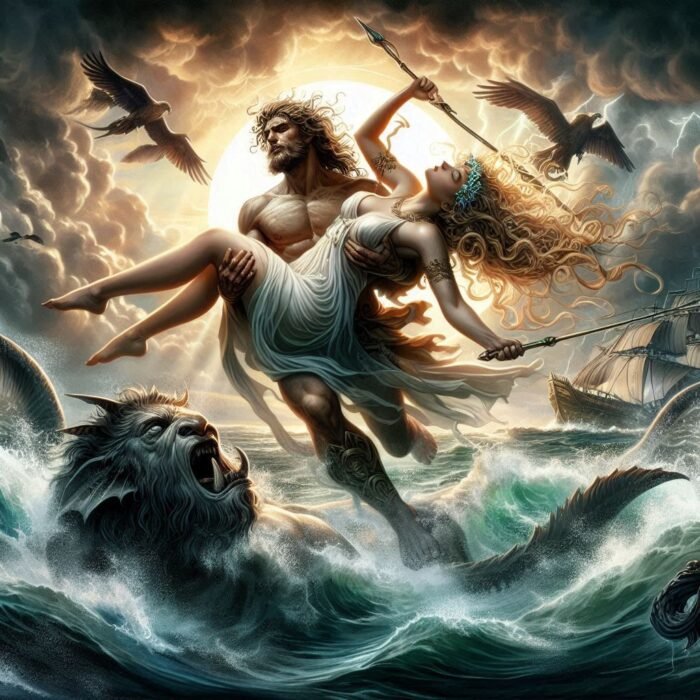




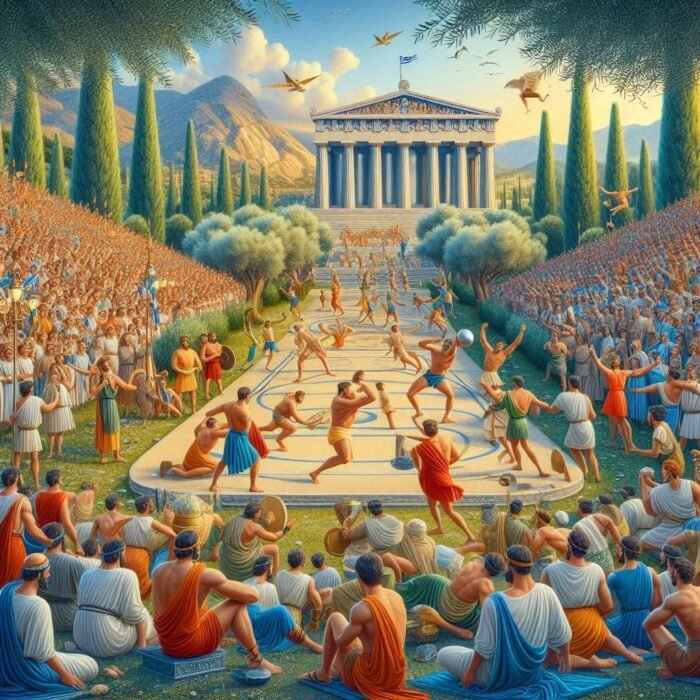

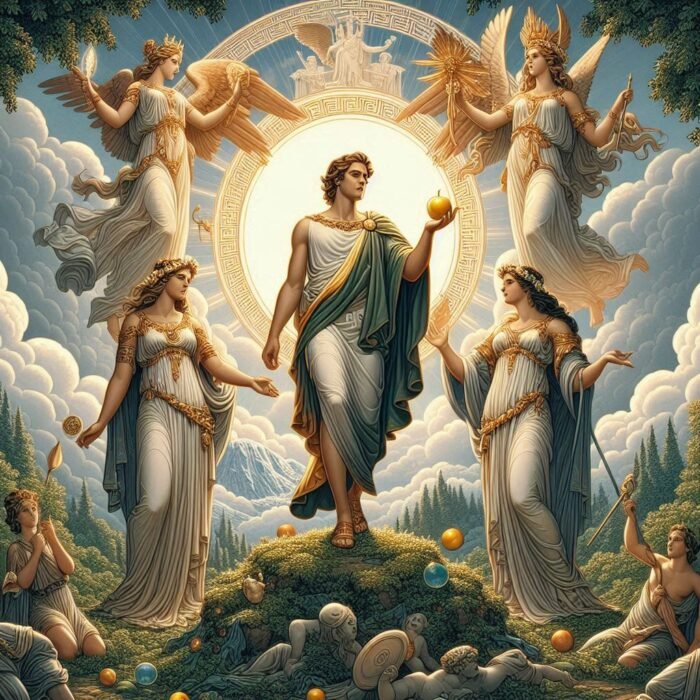

2 Responses
Sleezy
The current Greek name for Greece is still based on Hellas (Ελληνική Δημοκρατία – Elleniki Dimokratia – The Democratic Republic of Greece) 🙂
Teo
Thanks for your comment, Yes the only names used in the country are Hellenes and Hellenic, in fact, The words Greek and Greece are unknown.